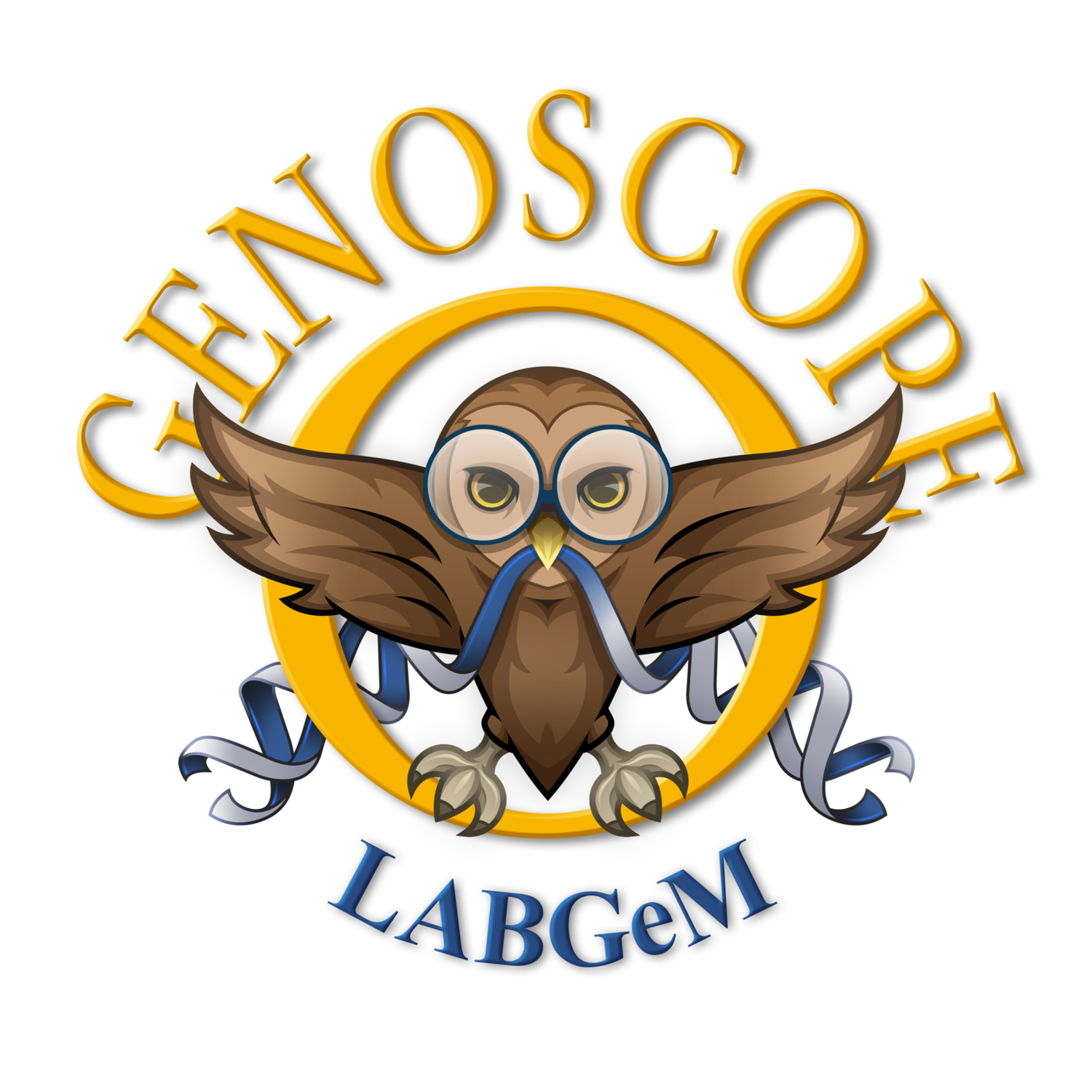Launched in December 2022, the Horizon Europe BlueRemediomics project aims to harness the untapped potential of marine microbial resources. Lasting four years, and bringing together an international consortium of experts including the Metabolic Genomics UMR (Genoscope/CEA-Jacob), this project will develop new tools and new approaches to explore marine microbiome data.
The marine microbiome is made up of very diverse microorganisms (bacteria, phytoplankton, zooplankton, viruses, etc.) playing a key role in the functioning of the oceans. The last major oceanographic campaigns, such as Tara Oceans, have enabled notable scientific advances, particularly for the characterization of the taxonomic and functional diversity of the global marine microbiome. The marine microbiome has become one of the fastest growing segments of the blue bioeconomy in recent years. Its study is at the heart of strong societal, ecological and economic issues for the discovery, understanding, protection and use of ocean resources.
Coordinated by the CNRS and EMBL, the project calls on an international consortium of 23 partners in which three laboratories of our research unit (LAGE, L2BMS and LABGeM). Genoscope’s enzyme sequencing and screening platforms will also be used.
The LABGeM will contribute in:
- the development of a pangenome graph representation to analyze the genomic diversity of species and the design of a method for analyzing genomic contexts to capture the functional diversity of enzyme families involved in different metabolic pathways. These developments will be based on the PPanGGOLiN software.
- the characterization of enzymes and degradation pathways of UV filters used in sun creams which are for some considered as organic pollutants in collaboration with the L2BMS team. The results obtained will make it possible to evaluate the biodegradability of these compounds by the marine microbiome.
